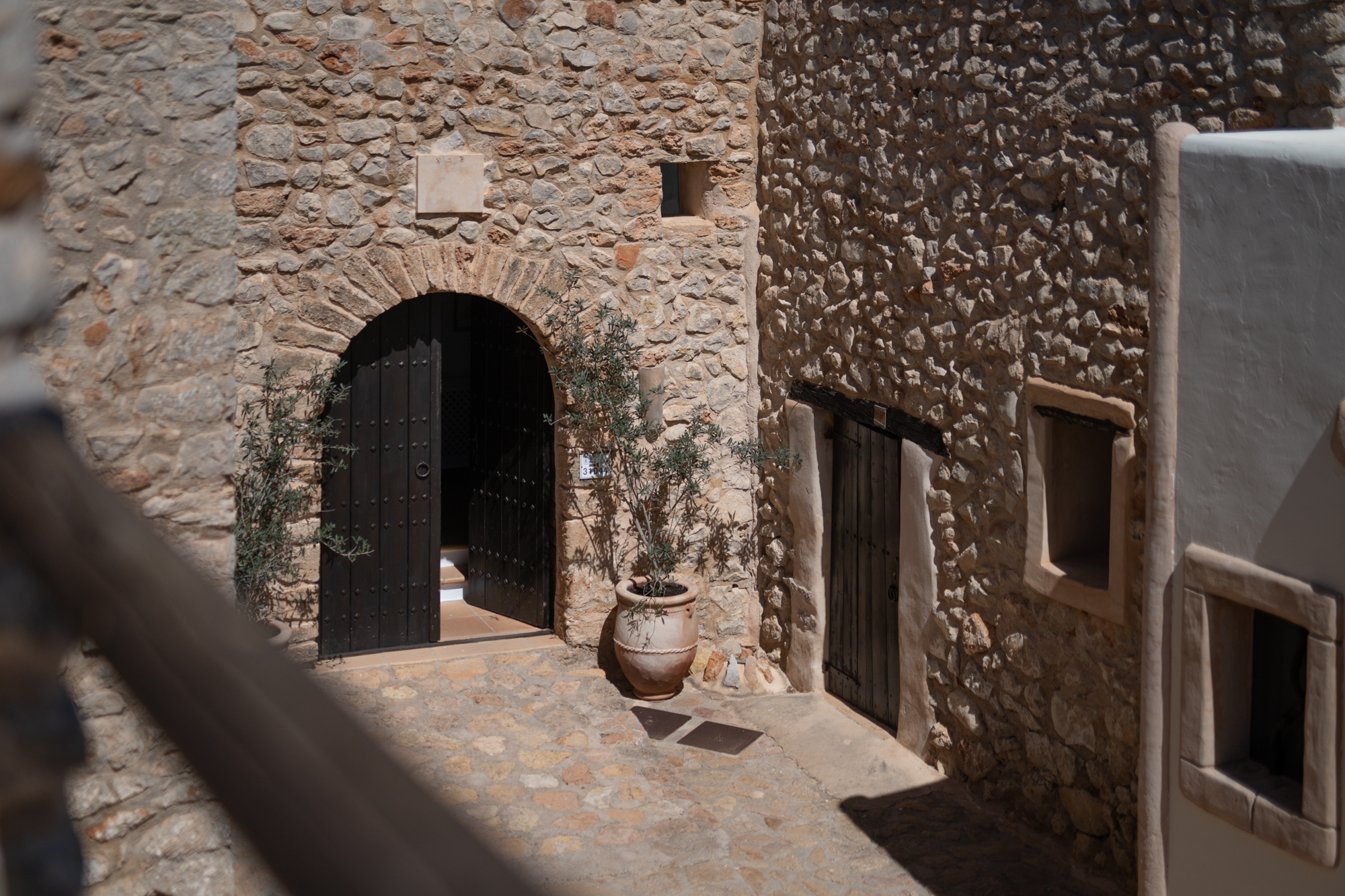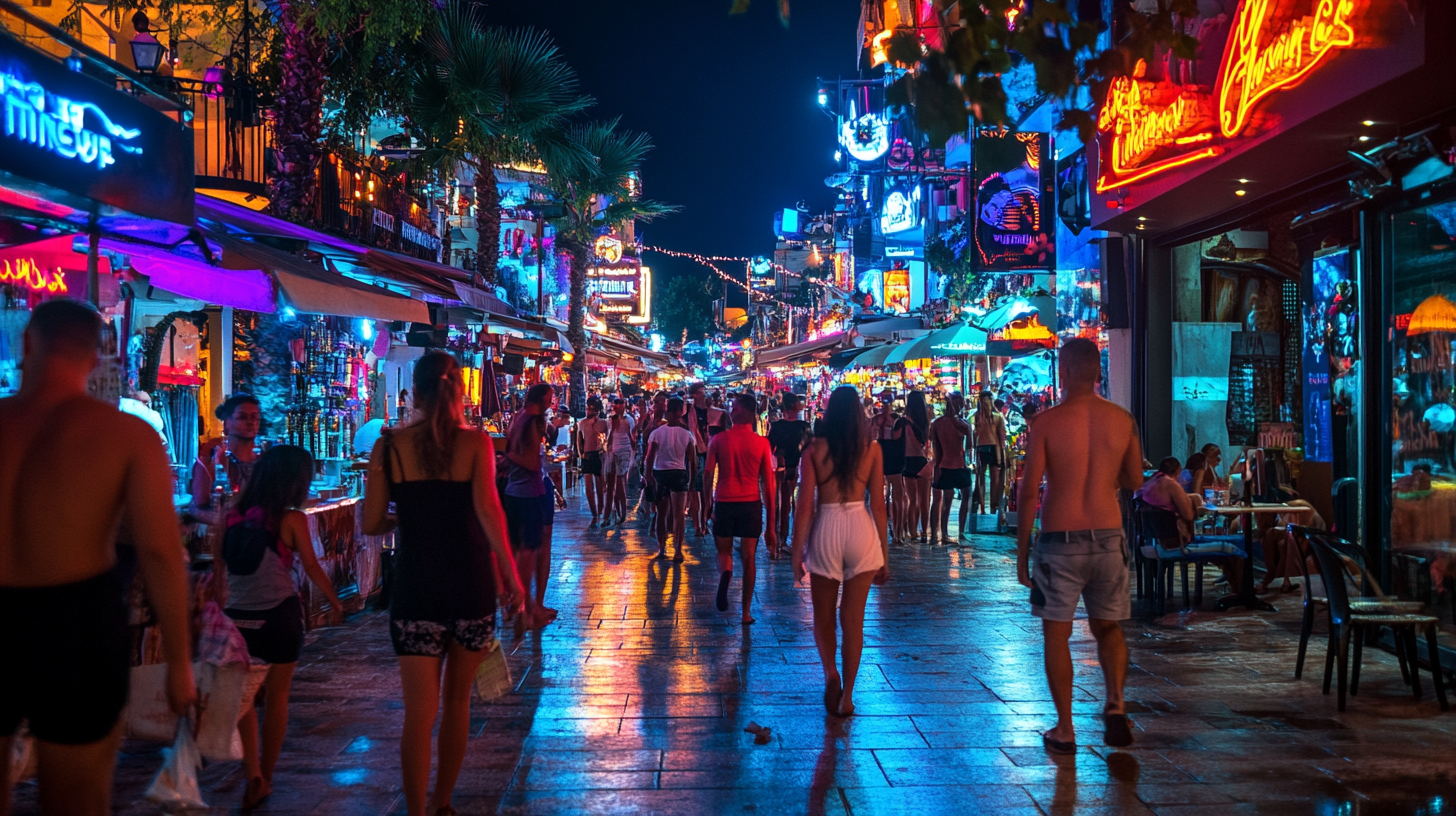In August, Ibiza Calm’s Clinical Manager, Lluc Acero Martínez spoke with ITV News about the latest party drug to hit the streets in Ibiza, “pink cocaine”. Lluc spoke about how dangerous the drug is and how the island is seeing visitors admitted to hospital with seizures, as a result of taking the drug.
Originating in Columbia, in around 2010, where the drug became synonymous with the late-night club scene. Over the last two years there has been reports of the drug hitting other well-known party hot spots, including California and New York City in the USA; Cape Town, South Africa; and across Europe – in the tourist locations of Ibiza and the Costa del Sol, and cities including Malaga and Madrid in Spain, as well as the UK, Austria, Italy, and Switzerland.
But what is pink cocaine? And why is it so dangerous?
What is ‘pink cocaine’?
Pink cocaine is a street name for a drug often referred to as “tucibi” or “2C-B” (2,5-dimethoxy-4-bromophenethylamine). It is not actually related to cocaine despite the misleading name. Instead, 2C-B is a synthetic psychedelic drug that belongs to the phenethylamine family. It produces effects similar to a combination of ecstasy (MDMA) and LSD, with both stimulant and hallucinogenic properties.
The nickname “pink cocaine” comes from the drug’s appearance, which is often a pink or reddish powder. However, the drug is chemically distinct from cocaine. The name is more of a marketing tactic or a reference to its stimulating and euphoric effects, which users may mistakenly associate with the effects of cocaine.
Effects of pink cocaine (2C-B).
Pink cocaine has gained popularity in certain party or rave scenes due to its stimulating and hallucinogenic effects. It is typically ingested in powder form by snorting or swallowing capsules. However, its rise in popularity has led to concerns about safety, particularly because it is often sold illegally without any quality control, increasing the risks of harm.
Why is pink cocaine so dangerous?
There is an inherent risk with any illicit drug use, but when it comes to substances like cocaine or synthetic drugs such as “pink cocaine,” the dangers can be even more severe. These substances not only affect the body and brain in unpredictable ways, but they also carry a high potential for addiction, physical harm, and mental health complications.
Unregulated street drugs are often mixed with unknown or harmful substances, increasing the likelihood of overdose or long-term damage. Additionally, the social and legal consequences of drug abuse can lead to strained relationships, financial ruin, and legal trouble.
The dangers of pink cocaine include:
Long-term and chronic use of pink cocaine can damage your heart and your brain and lead to problems with sleep, memory, trouble concentrating, personality changes, anxiety and depression.
The use of any drug can lead to dependency and addiction. Some of the drugs found in pink cocaine are highly addictive, and you may not be able to stop using them on your own.
Treatment for pink cocaine addiction
If required, first step is a supervised drug detox. This may be a very real possibility for some individuals, due to the serious nature of some of the potential substances used in the production of pink cocaine, i.e. fentanyl – a highly addictive opioid. Medical supervision is recommended to manage symptoms of withdrawal effectively and reduce the risk of relapse.
A good rehab treatment centre will work with the client to address their physical dependency whilst looking at the underlying reasons behind the misuse of the drug, or drugs, in the first place.
Therapies such as individual and group counselling, CBT and trans-cranial magnetic stimulation have all proven successful in the treatment of problems relating to illicit drug useand addiction.
Pink cocaine and Ibiza Calm on ITV News
Clinical Manager, Lluc Acero Martínez speaking with ITV News about ‘pink cocaine.’ To listen to Lluc, read or hear more about pink cocaine, the time ITV spent with the Guardia Civil, Spain’s military police, or an interview with Dr Oliver Sutcliffe from Manchester Metropolitan University – then click on the link
https://www.itv.com/news/2024-08-14/warning-to-brits-over-russian-roulette-party-drug-hitting-ibiza
Pink cocaine drug rehab in Ibiza, Spain
Located on the idyllic island of Ibiza we are the most personalised drug addiction and rehab treatment clinic in Spain and Europe.
We have a highly experienced team of fully qualified staff available 24 hours a day, on-site, to treat our clients for any problems concerning alcohol, drugs, substance or process addiction, and mental health conditions such as OCD, codependency, anxiety, bipolar, and depression.
For information on admission the drug rehab centre please contact sharon@ibizacalm.com



